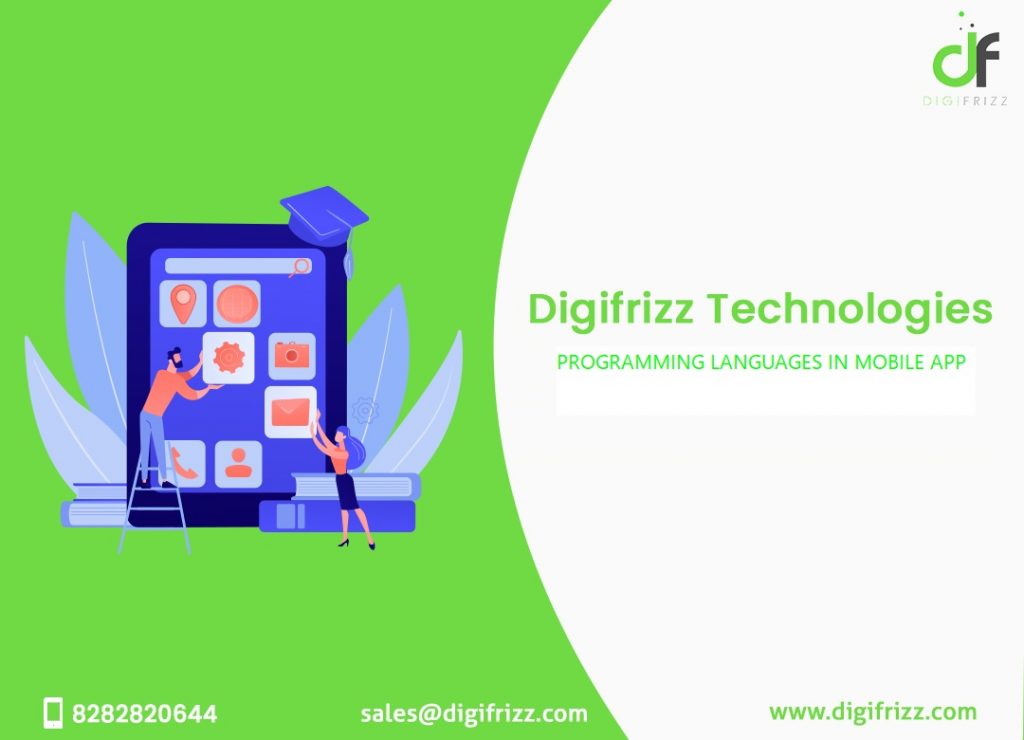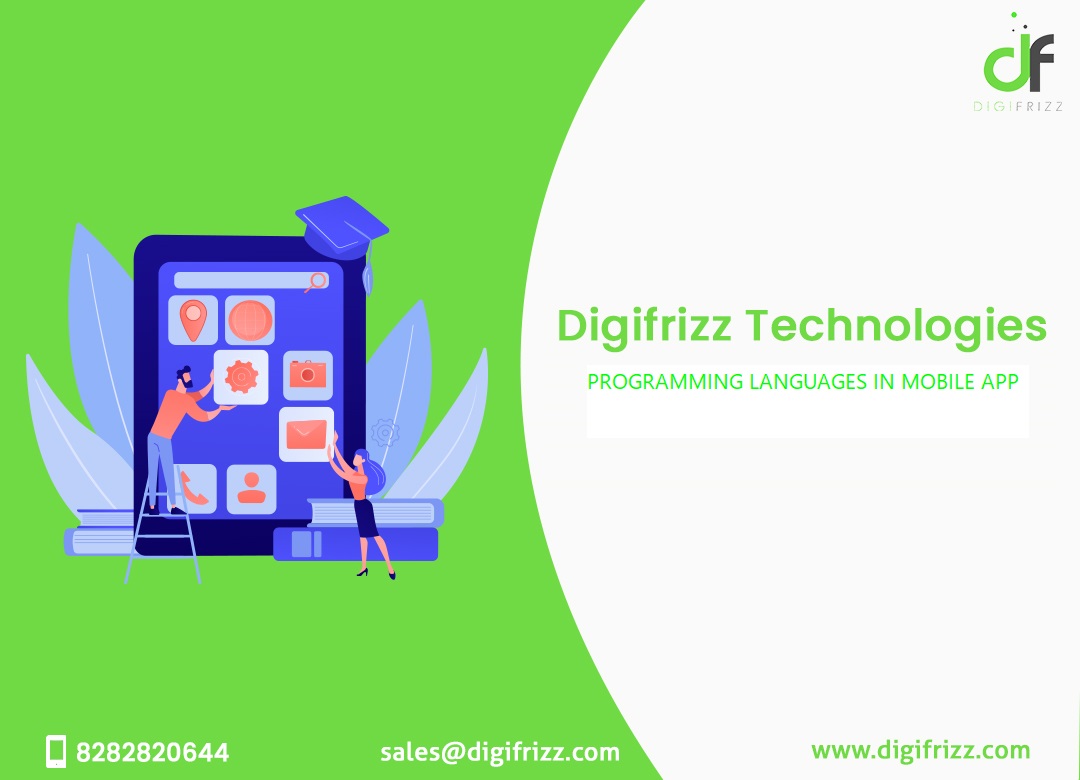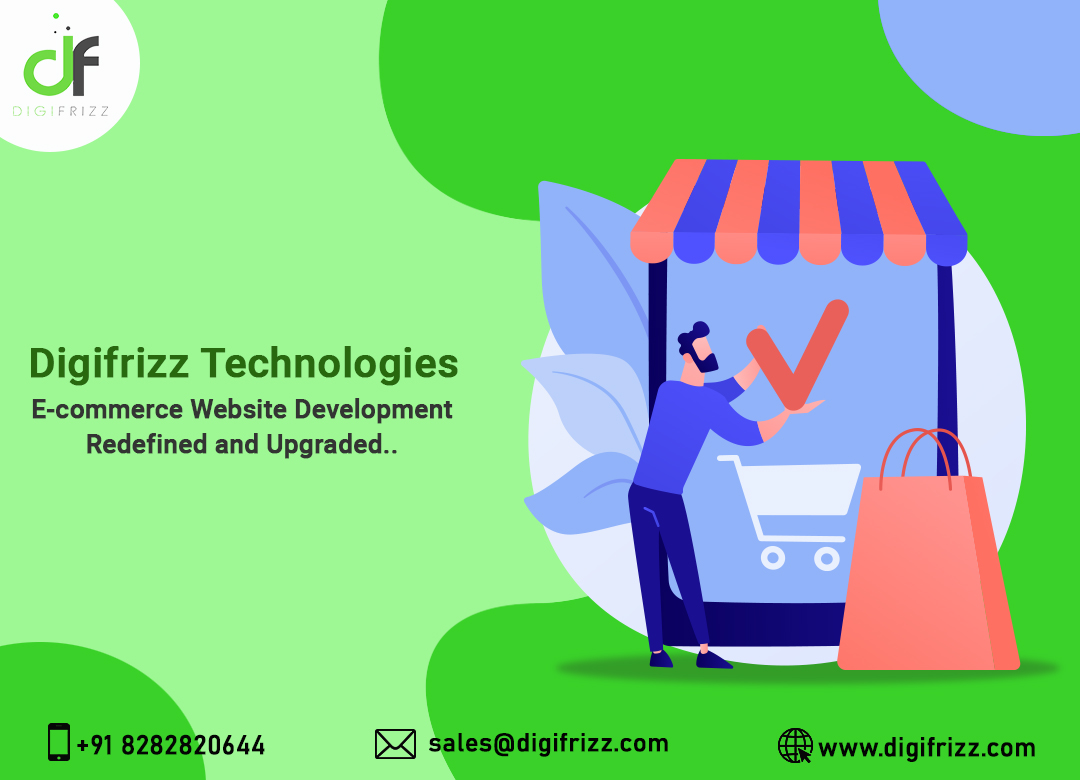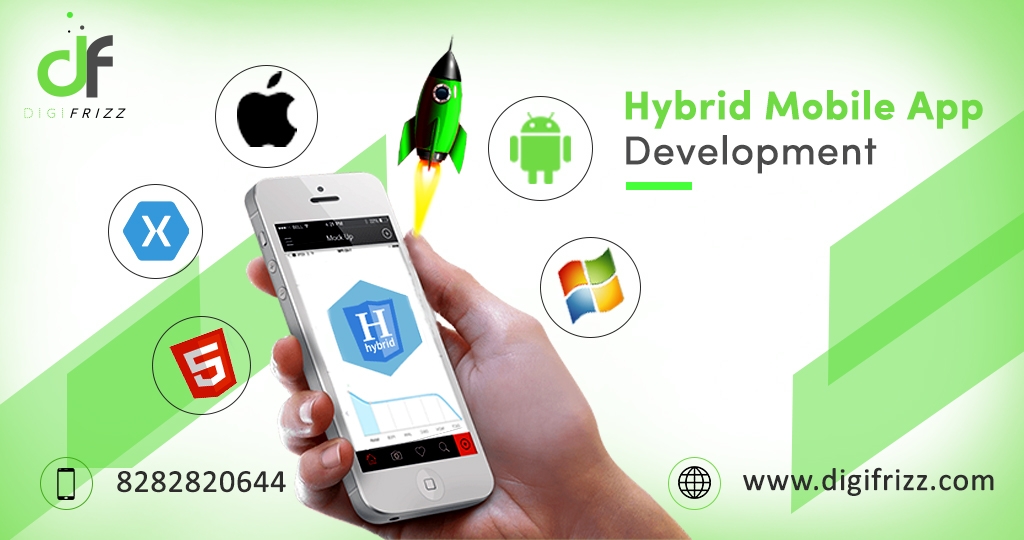The front-end and back-end are the two most popular terms associated with Mobile App Development. Both of them are quite different from each other. Each of them needs to communicate effectively to improve the mobile app functionality.
Difference between front-end and back-end development:
Front-end development includes the design, navigating menus, texts, images, videos, etc. In other words, the users can see and interact with Graphical User Interface (GUI) and the command line. On the other hand, the users cannot interact or see in the back-end development.
The visual aspects can be seen through the front-end development. On the other hand, the background process can be attributed to the back-end development.
HTML, CSS, JavaScript are the front-end languages. On the other hand, Python, PHP, SQL are some of the back-end languages.
Front-End Development:
Front-end development is the part of a mobile application that the user interacts directly. The user experiences text colors and styles, images, graphs and tables, buttons, colors, and the navigation menu.
The developers must ensure responsiveness and performance in the front-end part.
Front-End Programming Languages:
JavaScript:
JavaScript is a magic scripting language used to make a site interactive for the user. It is one of the most popular front-end languages. If you want to use React Native and Angular.js, you need to learn JavaScript. JavaScript is a versatile front-end programming language that is worth knowing.
JavaScript Pros:
Versatile and flexible languages.
Node.js used.
Faster client-side browsing.
No compilation.
Easy and straightforward control
Plenty of room for variation.
HTML5:
HTML stands for Hypertext Markup Language used to design the front-end portions with a markup language. HTML5 is the fifth version of Hypertext Markup language that uses structural tags presenting the content on the webpage. HTML5 has exceptional features such as media elements and quick market deployment. Examples: Google Docs and Google Drive.
HTML5 Pros:
All browser compatibility.
In-built capability to support audio and video.
Faster loading.
CANVAS elements used.
CSS:
Cascading Style Sheets is a simple designed language used to make the page structure presentable. Colors and visuals fall under CSS. CSS learning is a must for building mobile apps.
CSS is a magical layer between the user and the actual product. CSS dictates the look and feel of mobile applications.
CSS Pros:
Less Complex.
Spontaneous Changes.
Easy user interface.
Reduction in file transfer size.
Back-End Programming Languages:
The server side of the websites and mobile applications includes back-end development. It arranges the data in such a way that you cannot see and interact with it. Back-end development includes writing APIs, creating libraries, and working with system components without user interfaces.
C++:
C++, used for Android and Native App development, has generic and low-level memory manipulation features. C++, used for developing games, GUI-based applications, banking apps, etc., can quickly adapt to changing hardware and ecosystems.
C++ Pros:
Built-in libraries.
Fast and easy to use.
If you know C++, you can quickly learn Java, C, C#.
Background garbage collector blocked.
Full control.
The app can run on any hardware.
Python:
Python is an open-source and object-oriented programming language that was named after a television show called “Monty Python’s Flying Circus” by Guido van Rossum in 1991. It is a widely-used programming language used for developing desktop apps, media tools, machine learning, etc. Python is easy to learn because of its syntax. For instance, YouTube, Instagram, and Pinterest. Python provides excellent library support with enhanced capabilities.
Python Pros:
Excellent at readability.
Quick deployment.
Analyzes and computes numeric data.
Scalable apps.
GUI Applications.
Multiple systems.
A flexible set of frameworks.
PHP:
“PHP: Hypertext Pre-processor” which previously stood for “Personal Home Page” is used on the server-side. PHP is an open-source language that needs database access for server-side scripting, command-line scripting, and coding applications. PHP is a flexible language used for creating eCommerce applications, dynamic and content-heavy apps embedded into HTML 5 or HTML.
PHP Pros:
Independent platform.
Smooth integration.
Content-heavy apps.
Quick loading.
Built-in security.
Learners language.
Kotlin:
Kotlin- said to be the advanced version of Java is the best language of apps. The statistically typed programming language has the potential to develop modern Android applications. The
apps built with Kotlin are high-performing and robust apps.
Kotlin Pros:
Clean and concise syntax increases efficiency.
Interoperable and versatile.
Easily overrule the shortcomings of JAVA.
Support from Google and IDE installation packages.
Generates simple code.
Objective-C language:
Objective-C is an extended object-oriented version of C language with added features like Smalltalk- style messaging. Objective-C is a well updated mature programming language used for macOS and iOS operating systems.
Objective-C Pros:
Easy learning.
Extensive use.
Nest coding style supported.
JAVA language:
Java language developed by Sun Microsystems in 1995 is a general-purpose and object-oriented programming language. Java offers the best documentation and community support with in-built open-source libraries available for users. Java develops the best android apps, cross-platform apps, games, server apps, etc.
Java Pros:
Code reusability.
Codes used in multiple environments.
Inherent native code.
Flexible programming language.
Best interface.
Machine-independent language.
Swift:
Swift language designs to work in iOS, OS X, and tvOS platforms quickly adapt a safe programming pattern. Swift expresses a scripting language with the first industrial-quality systems. Examples: Lift, LinkedIn, Hipmunk, etc.
Swift Pros:
Cocoa and cocoa touch platforms.
Less maintenance.
No bugs of Objective-C.
Easy scaling.
Powerful and easy programming language.
Expressive Syntax.
Interactive code.
Seamless features.
SQL language:
SQL is designed to meet specific standards of ANSI and ISO. It supports both on a community and enterprise-level stands for Structured Query Language. With well-defined standards, the business intelligence tool platforms use SQL.
SQL Pros:
Popular Query language.
Database choice.
Table row optimization.
Large transactions in a single query.
Fast retrieving data.
Consistent data.
C#:
Pronounced as C-sharp, C# is a general-purpose programming language majorly used for cross-platform and windows app development. C# uses Swift, Objective-C, and Java programming languages.
C# Pros:
Quick deployment.
Generic.
Strong typing.
Imperative.
Declarative.
Component-oriented.
Object-oriented.
General-purpose language.
Why do you need to know the basics of mobile app development languages?
Different programming languages have different sorts of tasks. The right selection of mobile language yields solutions that are concise, easy to debug and fix.
Often, people will suggest that all the programming languages are equal. However, it is not clear if you are new in the mobile app development field.
The following factors can help you to choose the best programming language easily:
Targeted Platform.
Language elasticity.
Production time.
Performance.
Support
Community.
App building.
Programmer efficiency.
Wrapping Up:
The tremendous growth in the mobile market is not going to stop in near future. The developers
are applying new methodologies and create useful solutions for users. The new modernized
mobile technologies are cost-effective and gaining popularity in a couple of years. Today iOS and Android application development are the leading mobile operating systems and, time will decide how the mobile market will develop.
So, what are you waiting for? Dive into the nitty-gritty of the mobile development process. Digifrizz Technologies, one of the established digital marketing agencies in Kolkata solves all your digital needs.



